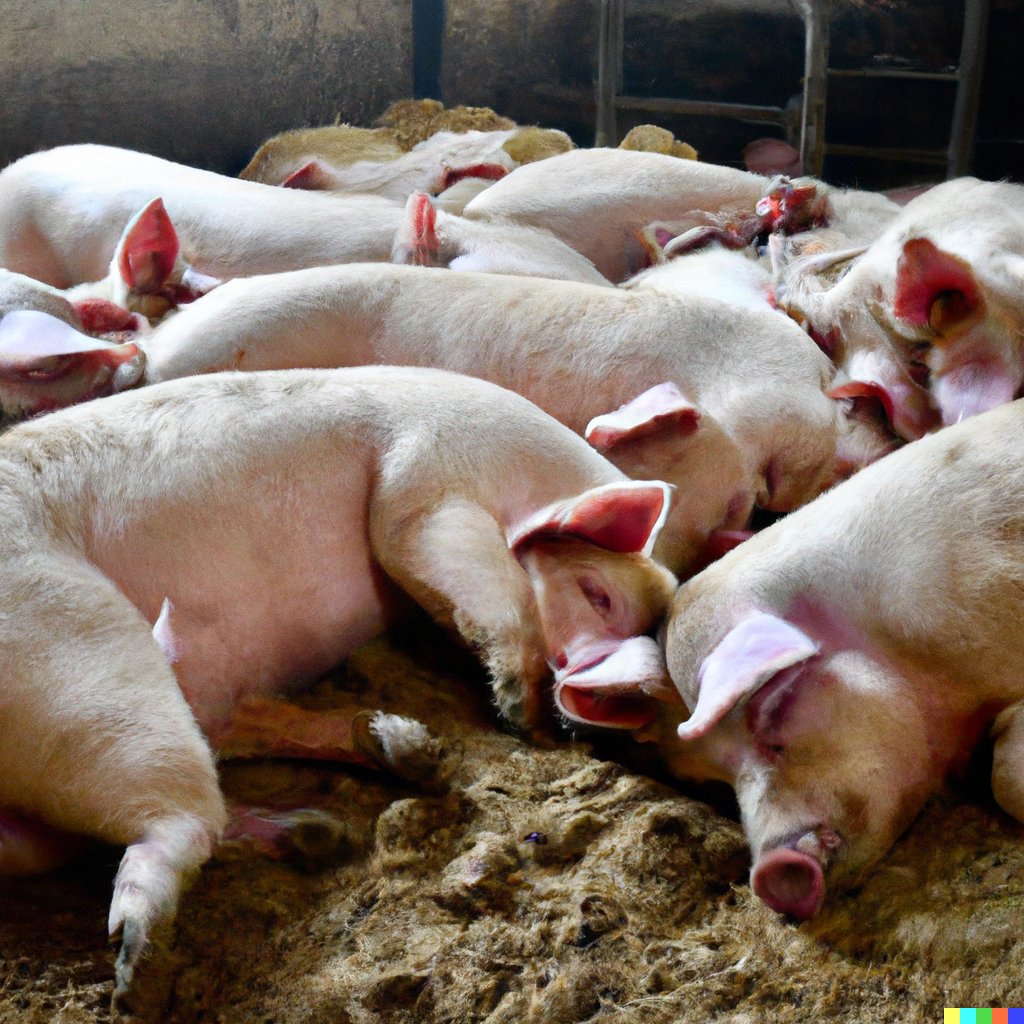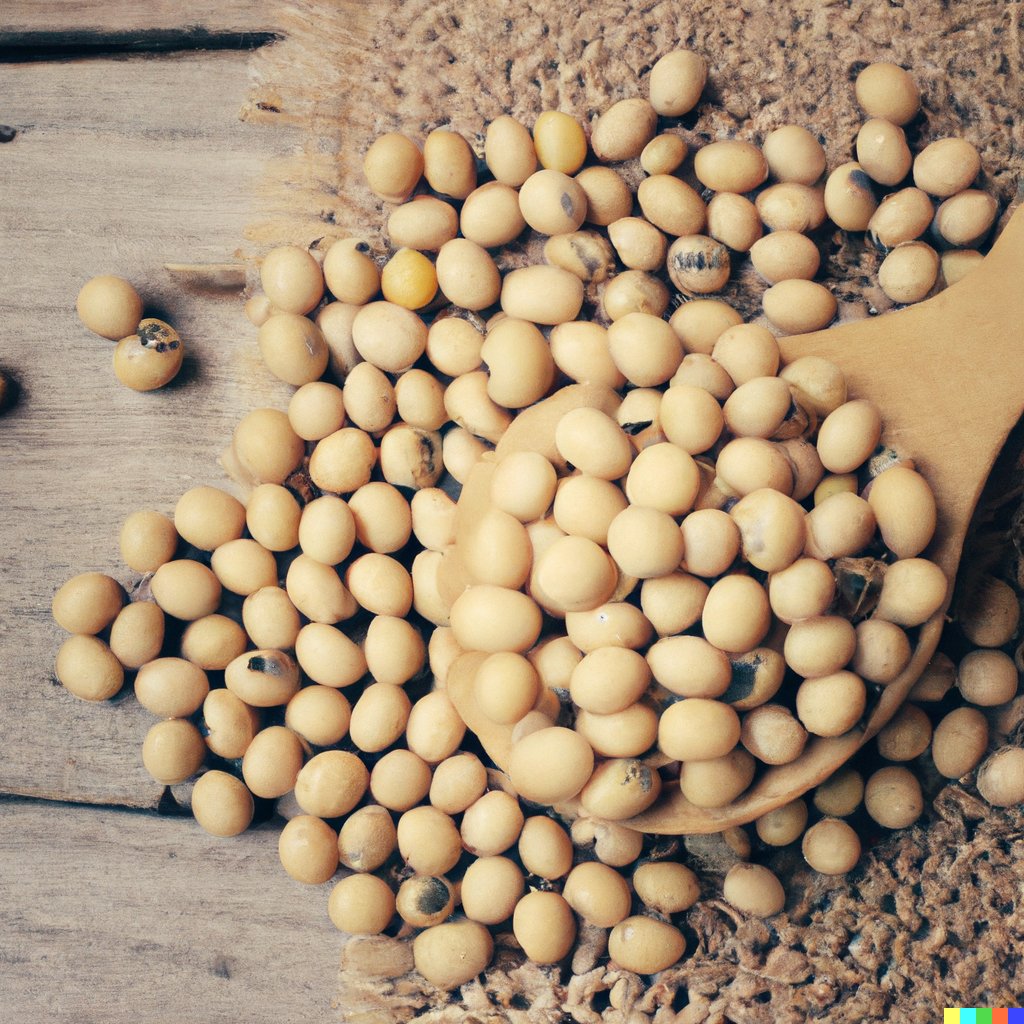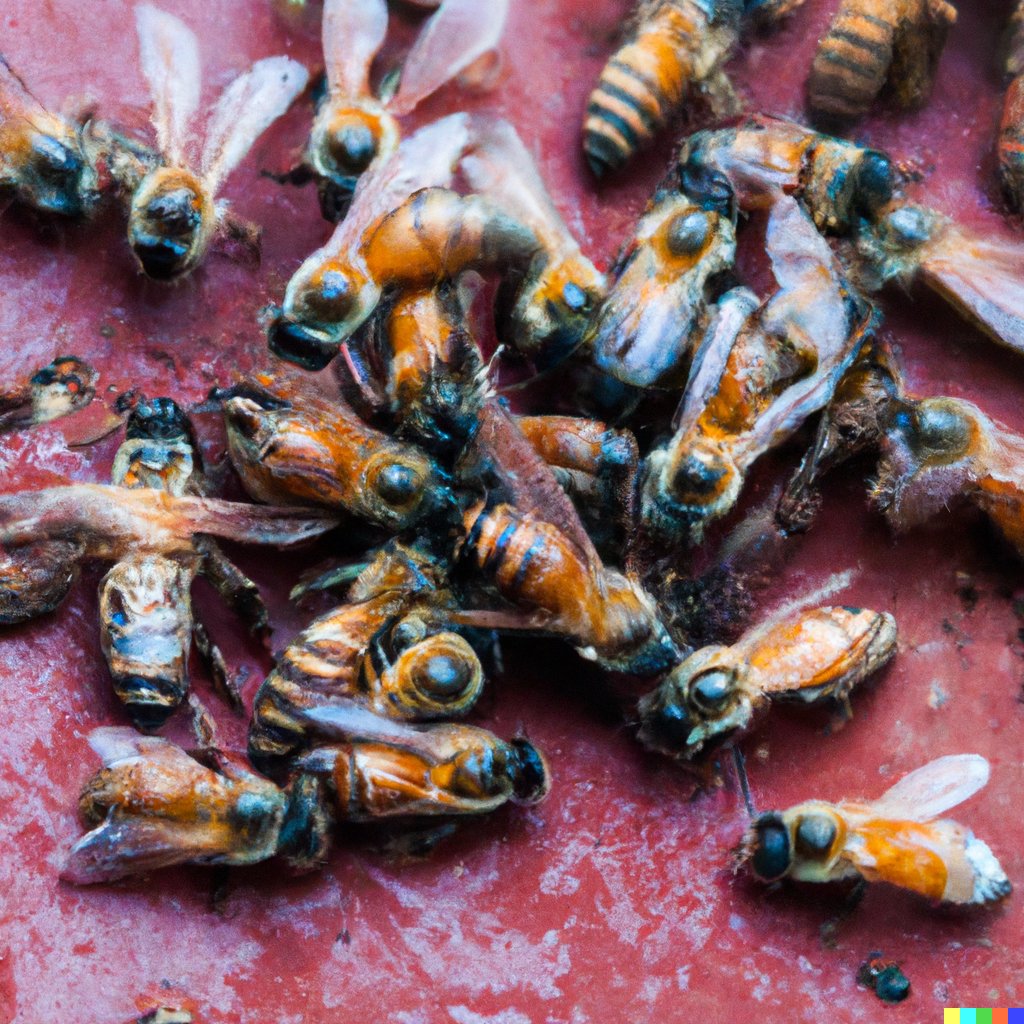
The widespread use of antibiotics in livestock farming has been a subject of growing concern due to its potential negative impacts on both animal health and human well-being. While antibiotics serve as essential tools for treating bacterial infections, their routine and chronic use in agriculture can lead to several significant consequences:
1. Development of Antibiotic Resistance:
Continuous exposure to antibiotics can promote the development of antibiotic-resistant bacteria in livestock. These resistant bacteria can spread to humans through direct contact, contaminated food, or the environment, rendering antibiotics less effective in treating human infections.
2. Transmission of Resistant Bacteria to Humans:
Livestock raised with antibiotics can become reservoirs of antibiotic-resistant bacteria. If these resistant strains are transmitted to humans through consumption or close contact, it poses a serious public health risk.
3. Reduced Effectiveness of Antibiotics in Medicine:
The overuse of antibiotics in livestock farming contributes to the overall increase in antibiotic resistance, limiting the effectiveness of these drugs in human medicine. This jeopardizes our ability to treat common infections and potentially leads to more severe and untreatable diseases.
4. Disruption of Gut Microbiota:
Chronic antibiotic use can disrupt the gut microbiota of livestock, affecting their digestion and nutrient absorption. This may lead to suboptimal growth and reduced animal welfare.
5. Environmental Contamination:
Antibiotics used in livestock farming can enter the environment through manure runoff, contributing to the emergence of antibiotic-resistant bacteria in soil and water ecosystems.
6. Residues in Food Products:
Antibiotics administered to livestock can leave residues in animal products, such as meat and milk. Consuming these products may lead to the ingestion of small amounts of antibiotics, potentially contributing to antibiotic resistance in humans.
7. Alternative Pathogen Outbreaks:
Antibiotic use in livestock can promote the emergence of alternative pathogens, as it may disrupt the balance of microbial populations in the animals' bodies.
8. Impact on Sustainable Farming Practices:
Chronic antibiotic use may hinder the adoption of sustainable farming practices, such as organic and antibiotic-free production methods that prioritize animal welfare and environmental health.
9. Economic Consequences:
The emergence of antibiotic-resistant infections in both animals and humans can result in increased healthcare costs, reduced productivity, and economic losses for the agricultural industry.
10. Global Health Concerns:
As antibiotic resistance knows no borders, the overuse of antibiotics in livestock farming becomes a global health issue that requires international cooperation and responsible antibiotic stewardship.
To address these concerns, it is essential to promote responsible antibiotic use in livestock farming. This includes implementing antibiotic stewardship programs, adopting alternative disease prevention and treatment strategies, and enhancing surveillance to monitor antibiotic resistance in both animals and humans.
Frequently Asked Questions (FAQs) - Effect of Chronic Antibiotic Use in Livestock Farming
Q1: Why is chronic antibiotic use in livestock farming a concern?
A1: Chronic antibiotic use in livestock farming raises concerns due to the development of antibiotic resistance, which can lead to treatment challenges for both animals and humans.
Q2: How does antibiotic resistance develop in livestock?
A2: Continuous exposure to antibiotics can promote the growth of antibiotic-resistant bacteria in livestock, making the animals potential carriers of resistant strains.
Q3: How does antibiotic resistance in livestock affect human health?
A3: If antibiotic-resistant bacteria are transmitted to humans through direct contact, consumption of contaminated food, or environmental exposure, it can lead to difficult-to-treat infections.
Q4: What is the impact of antibiotic resistance on human medicine?
A4: The overuse of antibiotics in livestock contributes to the overall increase in antibiotic resistance, making it more challenging to treat common infections and potentially leading to more severe and untreatable diseases.
Q5: How does chronic antibiotic use affect livestock health?
A5: Chronic antibiotic use can disrupt the gut microbiota of livestock, affecting their digestion, nutrient absorption, and overall well-being.
Q6: Does antibiotic use in livestock contaminate the environment?
A6: Yes, antibiotics used in livestock farming can enter the environment through manure runoff, contributing to the emergence of antibiotic-resistant bacteria in soil and water ecosystems.
Q7: Are there antibiotic residues in food products from treated livestock?
A7: Yes, antibiotics administered to livestock can leave residues in animal products, such as meat and milk, which may be ingested by humans.
Q8: How can chronic antibiotic use impact sustainable farming practices?
A8: Chronic antibiotic use may hinder the adoption of sustainable farming practices, such as organic and antibiotic-free production methods, which prioritize animal welfare and environmental health.
Q9: What are the economic consequences of antibiotic resistance in livestock?
A9: The emergence of antibiotic-resistant infections in both animals and humans can result in increased healthcare costs, reduced productivity, and economic losses for the agricultural industry.
Q10: What can be done to address the concerns surrounding antibiotic use in livestock farming?
A10: To address these concerns, it is crucial to promote responsible antibiotic use in livestock farming. This includes implementing antibiotic stewardship programs, adopting alternative disease prevention and treatment strategies, and enhancing surveillance to monitor antibiotic resistance in both animals and humans.
Conclusion
The chronic use of antibiotics in livestock farming presents a critical challenge that demands immediate attention and responsible action. As highlighted in this discussion, the negative effects of such practices extend beyond the agricultural sector and pose significant risks to human health, the environment, and sustainable farming practices.
Foremost among these concerns is the development of antibiotic resistance, where the overuse of antibiotics in livestock can lead to the emergence of resistant bacteria, rendering these life-saving drugs less effective in both animal and human medicine. The transmission of resistant bacteria from livestock to humans through various pathways raises serious public health issues and necessitates a proactive approach.
Addressing the impact of chronic antibiotic use in livestock farming requires collaborative efforts from various stakeholders, including farmers, veterinarians, policymakers, and consumers. Implementing and promoting antibiotic stewardship programs, which encourage the responsible use of antibiotics, is crucial in mitigating antibiotic resistance and safeguarding both animal and human health.
Additionally, exploring alternative disease prevention and treatment strategies, such as vaccines, probiotics, and improved hygiene practices, can reduce the reliance on antibiotics while maintaining animal welfare and productivity. Embracing sustainable farming practices, such as organic and antibiotic-free production methods, not only preserves the environment but also fosters a healthier and more resilient food system.
Furthermore, enhancing surveillance systems to monitor antibiotic resistance in livestock and humans is paramount in understanding the scope of the problem and formulating evidence-based policies. Global cooperation and knowledge-sharing are essential in addressing antibiotic resistance as a shared global challenge.
In conclusion, to safeguard the efficacy of antibiotics for future generations and ensure a sustainable and healthy food supply, it is imperative to curb the chronic use of antibiotics in livestock farming. Responsible antibiotic use, coupled with alternative disease management practices, will pave the way towards a safer and more sustainable agricultural industry, benefitting both animal and human populations worldwide.














